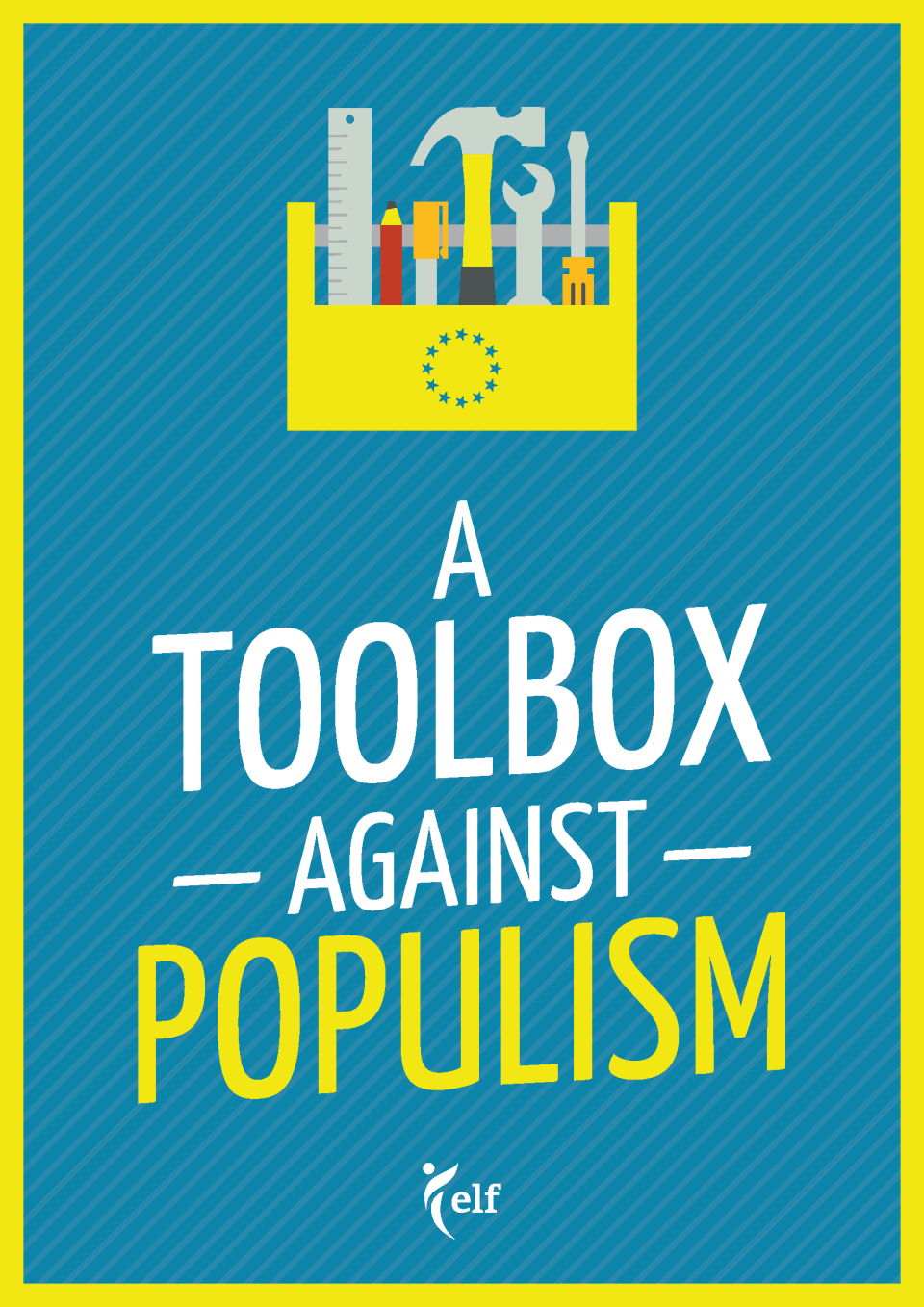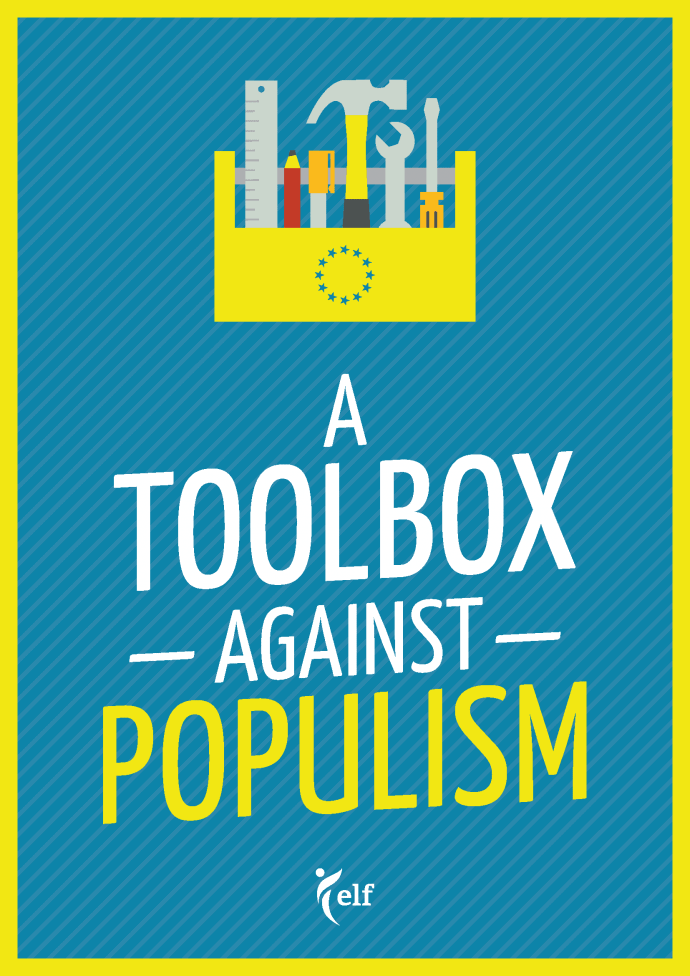Populists are experts at inciting public emotions, be it against the EU, migrants, LGBTQ people, the mainstream media or international trade. Their success is no longer a problem confined to a small group of countries, but rather something which has had an imprint on the political landscape throughout Europe.
At the end of the “Super Election Year 2017”, we look back with mixed feelings. On the one hand, we marvel at those election campaigns which served a blow to populists, notably the campaign of Mark Rutte’s VVD in the Netherlands, which juxtaposed an optimistic worldview to the populists’ campaign of apocalyptic doom. We also look to France and Emmanuel Macron’s campaign with his newly founded La République En Marche, centered wholly around the idea of positive change.
Yet we cannot help but take note of an ever-strong Viktor Orbán in Hungary and a highly popular populist government in Poland, who are eroding fundamental rights and the rule of law. In Germany, whilst the Liberals have secured an impressive comeback, the rightwing populist party AfD has entered the German Bundestag for the first time and has become the third strongest group. In Austria, the populists will likely be the junior partner in the next coalition government.
It’s time for Liberals to take stock of what this election year has taught us and collect our experiences in a “Toolbox against Populism” – ready to be used when the next campaign calls us.
Let us not forget that warding off the populist challenge is just one side of the coin. How do we effectively and continuously communicate our messages and visions to citizens – online and offline? Is there some thing we can “learn” from populists when it comes to successful communication? Which strategic steps are necessary for liberal parties and movements to win back the upper hand in societal debates?
Authors: Máté Szalai, Grace Pardy, Mark Putnam, Mark Thiessen, Lyubomira Raeva
Editor: Caroline Haury
Organisation: Friedrich Naumann Foundation
Year: 2017

